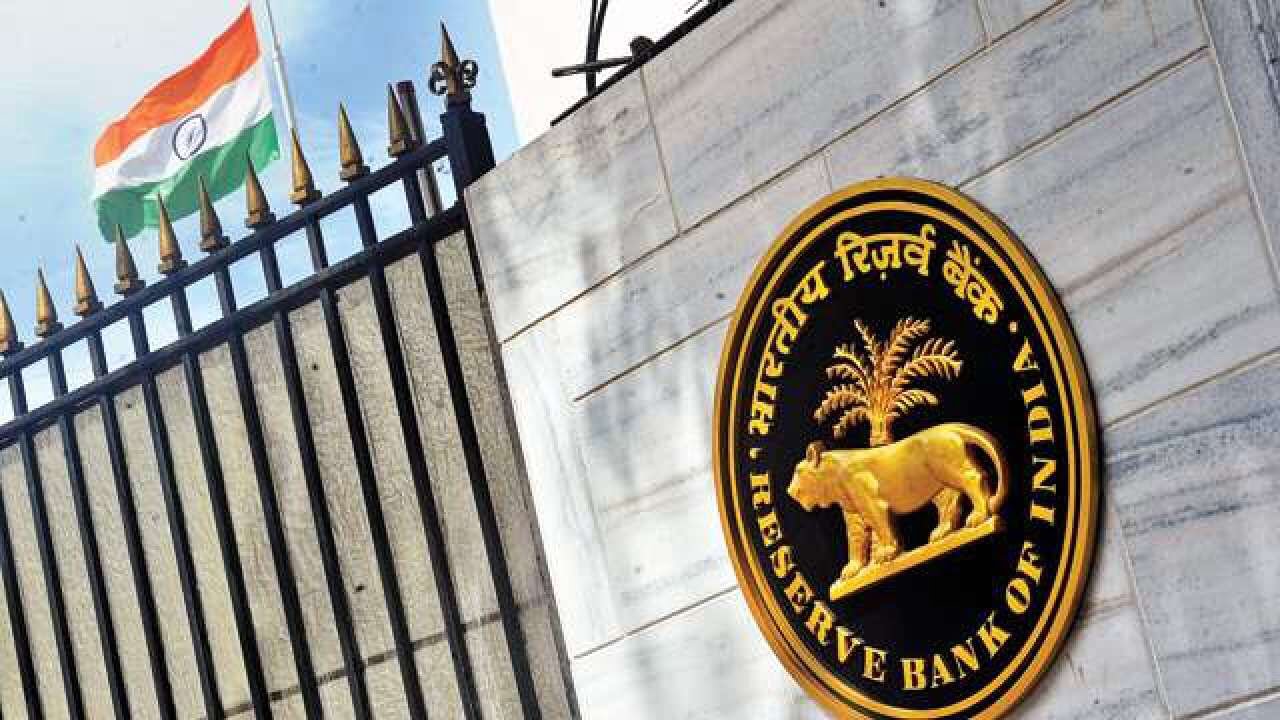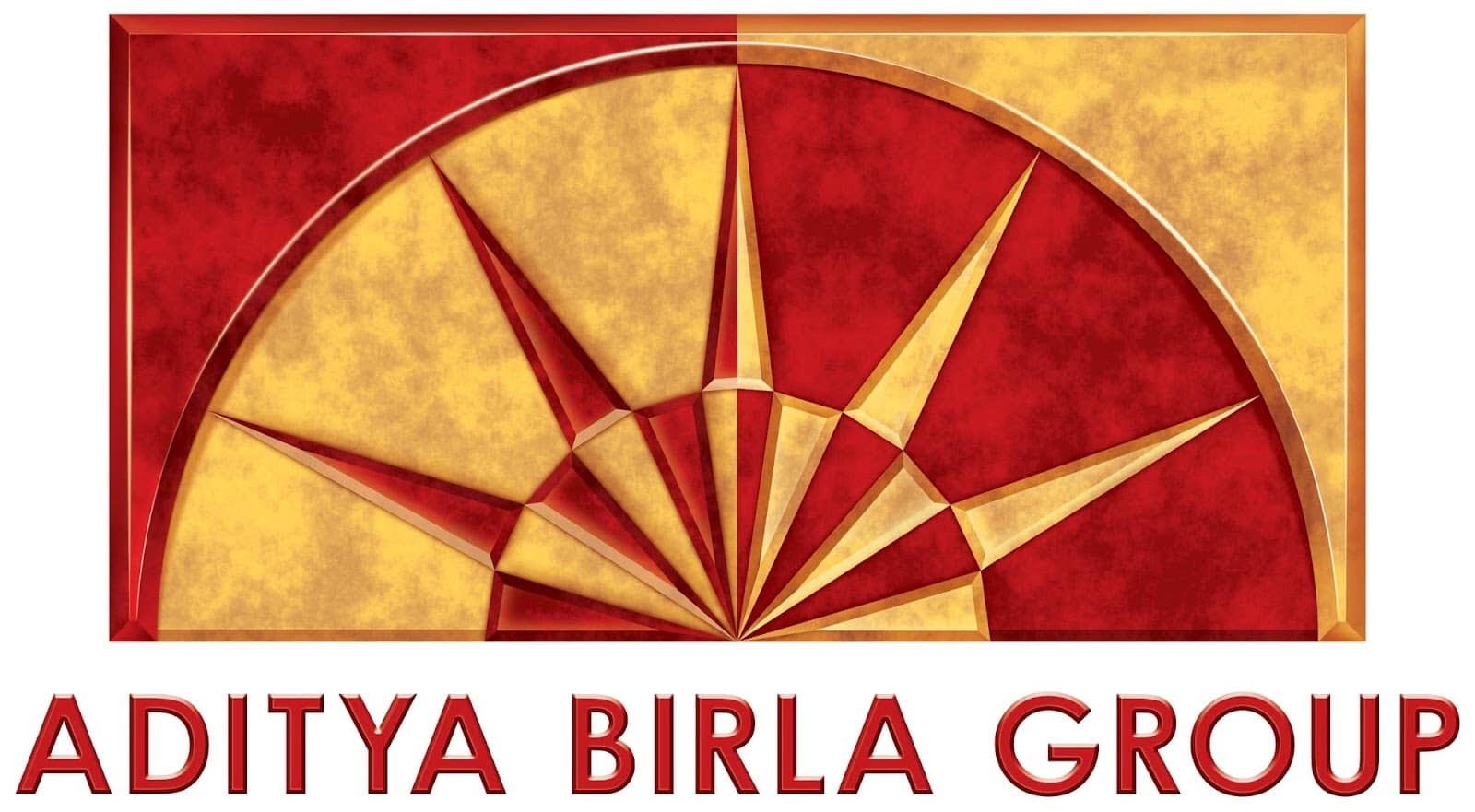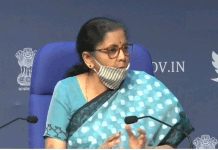The Aditya Birla Group will be selling a minority stake of somewhere between 15% and 20% in its Idea Payment Bank for raising about Rs 200 crore, seeking a valuation of Rs 1,000 crore for the 2 month old venture, two people who had direct knowledge of the plan said.

The payments bank, in which group companies Aditya Birla Nuvo and Idea cellular own 49% and 51% respectively, would be using the money for expanding its operations. India’s 2nd biggest mobile phone-owned payments bank are facing troubles in setting up and launching operations.
One of the executive from the Industry said, “While the concept of small finance banks has taken off fairly well, the payments bank ecosystem is still reeling under cost pressures.”
“There’s not much value in this business, and for Aditya Birla Idea Payments Bank, a clear cut strategy on how they are likely to execute this model still eludes them.” When questioned about the payments bank raising funds through equity dilution, a spokeswoman of Aditya Birla group said, “We do not comment on market stories.”
ALSO READ: Idea and Vodafone to be Renamed after the merger!
All the operations started by Idea’s payments bank, which is the latest entrant in this space, in February, and after that the Reserve Bank of India issued licences to 12 firms in August 2015. Rivals of Idea and Bharti Airtel who are leading the market was the first telecom entity to begin payments bank operations in November 2016.
RBI has been pushing for the payments bank model by offering services such as low income households, payment or remittance services to migrant labour workforce, small businesses, small savings accounts, unorganised sector entities as well as other users to push for further financial inclusion.

Unlike regular banks, payment banks cannot give loans, or issue credit cards, but can accept deposits up to Rs 1 lakh. Such entities primarily survive on fee income since 75% of their deposits have to be mandatorily invested in government bonds with maturity of up to a year. These banks will have to offer aggressive rates to mobile deposits against the competition from commercial banks.









